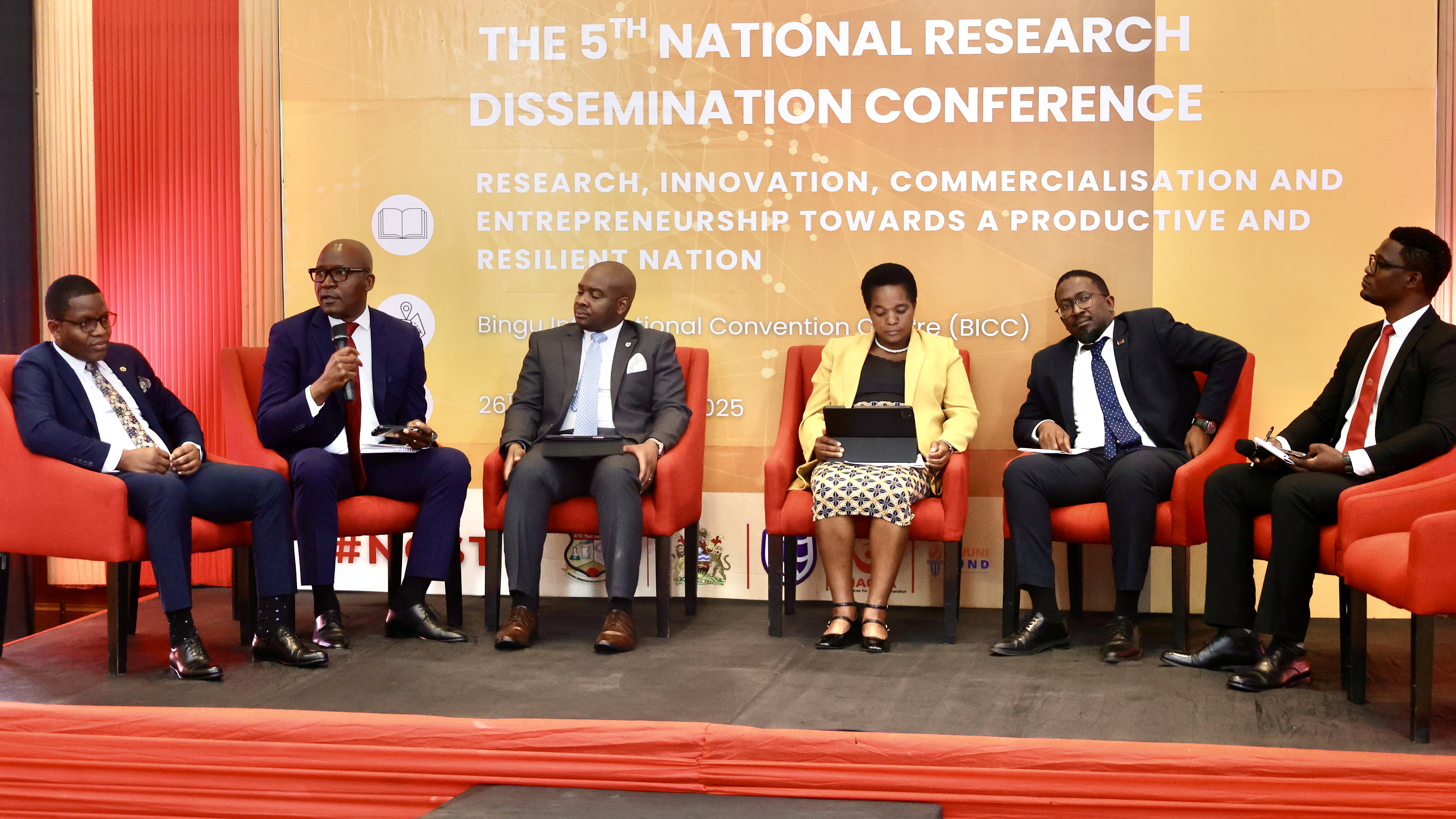Blogs

The importance of research and innovation in driving socio-economic development is well established worldwide, Malawi too recognises this potential, guided by the aspirations of Malawi 2063 to become a vibrant, and knowledge-based economy. The government has created institutions such as the National Commission for Science and Technology (NCST), the Malawi University of Science and Technology (MUST), and the Department of Innovation and Creativity at the Office of the President and Cabinet. These investments underscore Malawi’s commitment to Science, Technology, and Innovation (STI) as engines of sustainable development and growth.
However, there is a missing link, the country still faces persistent challenges in translating research into meaningful policy and practice. Manufacturing output and productivity continue to decline, and evidence generated by both government and academia is not always used effectively in decision-making. Fragmented coordination among ministries, weak incentives for evidence uptake, and limited engagement between researchers, policymakers, and the private sector have all delayed progress.
It is against this backdrop that NCST convened the 5th National Research Dissemination Conference (August 26–28, 2025) under the theme “Research, Innovation, Commercialisation and Entrepreneurship Towards a Productive and Resilient Nation.” A key highlight of the conference was the High-Level Panel Dialogue, designed to bridge gaps in STI by creating a space for policymakers, researchers, academia, and development partners to chart practical pathways for evidence-informed governance and industrialisation.
In this session, the African Institute for Development (AFIDEP)’s Executive Director, Dr Eliya Zulu, was invited as a discussant on a panel to reflect on proven models for translating scientific research into actionable policy within Malawi. In his remarks, he pointed to universities as the missing link in the country’s evidence-to-policy ecosystem. While think tanks such as AFIDEP and the MwAPATA Institute play important roles, he argued that universities are the ultimate think tanks, and home to knowledge production and research. Nevertheless, he noted, academia too often stands apart from policy processes, leaving policymaking spaces to be dominated by Non-Governmental Organisations’ policy interests.
Dr Zulu also stressed the importance of reforming incentives within universities. “If it is just about publish or perish, what about that professor who is spending time in government technical working groups? How are they rewarded for contributions that strengthen policymaking but don’t show up in journals?” he asked. Drawing on his own experience, he highlighted the value of capacity-building in evidence translation, curriculum reforms to prepare future researchers for policy engagement, and recognition for academic individuals who dedicate time to bridging research and decision-making.
He also underscored that government itself has a central role to play, given the wealth of data generated within ministries. The challenge, he said, is not a lack of evidence, but the extent to which that evidence is systematically applied to guide decision-making.
His reflections made it clear that if Malawi is to achieve the ambitions of Malawi 2063, universities must rise to their role as the ultimate think tanks, working hand in hand with government and research and policy think tanks to close the gap between knowledge and action.

